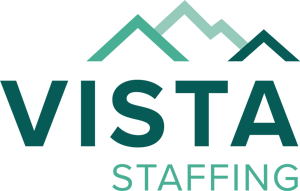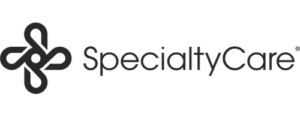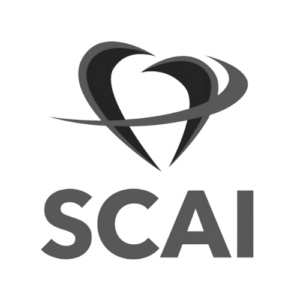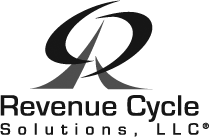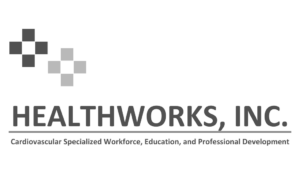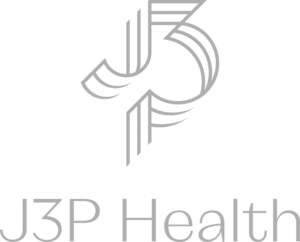How Can Healthcare Workers Remain Resilient During Uncertain Times?
It seems recently that every time you read healthcare journals or follow stories online, the recurrent themes are leadership and/or staff layoffs and how hospital systems are financially struggling to meet operational budgets and strategic commitments.
On the personal front, we are hearing daily about the number of violent incidents occurring throughout our nation at schools, malls, banks, places of worship, public spaces, and neighborhoods. We hear stories about how personal safety is compromised, even in the smallest of rural towns. It seems each day there are new social stressors that impact us in a personal way.
One of the preferred things I frequently turn to during times like these are tips and strategies to remain resilient in turbulent times. Being resilient is the ability to withstand or recover from a singular or recurrent difficult situation(s). It first starts with understanding that adversity does not discriminate. Every day we each face professional and personal challenges to various degrees. How we recognize and respond to these stressors and situations is important to our overall well-being.
5 Tips to Improve Your Resiliency:
Some of these strategies I learned through participating in grief counseling due to personal losses in the 1990s. Others I learned through professional coursework as a healthcare executive for many years. Regardless of the professional or personal stress, I have found these techniques universally helpful.
- Focus on the positive. Recognize the stressor but make a deliberate effort to focus on the positives in your life. Resilient people are clear on what they can change and what they cannot. A great exercise to strengthen this skill is to practice writing down 2-3 things that you are grateful for in your life first thing in the morning. Each day try to think of something different to help expand your “positive thoughts arsenal.” While this takes time and discipline, it has been proven that when this exercise is done consistently, we tend to focus less on negativity or have less negative internal “self-talk.”
- Build and maintain strong relationships/connections. Surround yourself with friends and family that care about your well-being. This is about building and maintaining select relationships, which in today’s busy world can be challenging. Seek out trustworthy, honest, and genuine colleagues in the workplace to help stay connected to the mission and enhance teamwork. This can be a bit more challenging if you work remotely but find ways to get to know co-workers and establish genuine relationships and connections. This helps keep our thoughts and actions more positive, which in turn makes us happier, productive employees and more connected to our families.
- Know your limits and practice self-care. Often, especially in healthcare, we put others’ needs before our own. We generally do not practice good self-care. Most people went into the various healthcare professions to help others. This sense of nurturing often overrides our ability to put our own needs first at times. However, doing personal things that improve our ability to cope and recharge our emotional battery not only makes us more internally happy but also helps us better cope with various stressful situations. Carve out time for yourself to do things that enhance your physical and emotional well-being.
- Know how to handle negative feedback. Be able to put the negative feedback into perspective. As an example, was the feedback from your supervisor meant to help you perform better in your role versus feeling attacked and personalizing the feedback in a negative way? When we personalize what we perceive as negative interactions, it often traps us in a state of negative emotions. This, in turn, can distort the real intention behind the interaction or conversation. Regulating your emotions and learning to skillfully handle negative interactions and rejection can keep things in true perspective.
- Be proactive. Resilient people take a proactive approach to issues both in the workplace and in their personal lives. They are intentional in their thoughts and actions. They actively problem-solve their situations and do not wait for others to come up with the answers or solutions.
Resiliency is a skill that can be learned. It takes active participation and being intentional in thought and action. Like physical exercise, utilizing the resiliency tools mentioned in this blog can strengthen your ability to identify, learn and proactively grow in positive ways that will help you navigate the ever-changing turbulent seas of healthcare with a healthier viewpoint.
Author: Bradley D. Kirkes

 company
company 
 (412) 364-8200
(412) 364-8200






